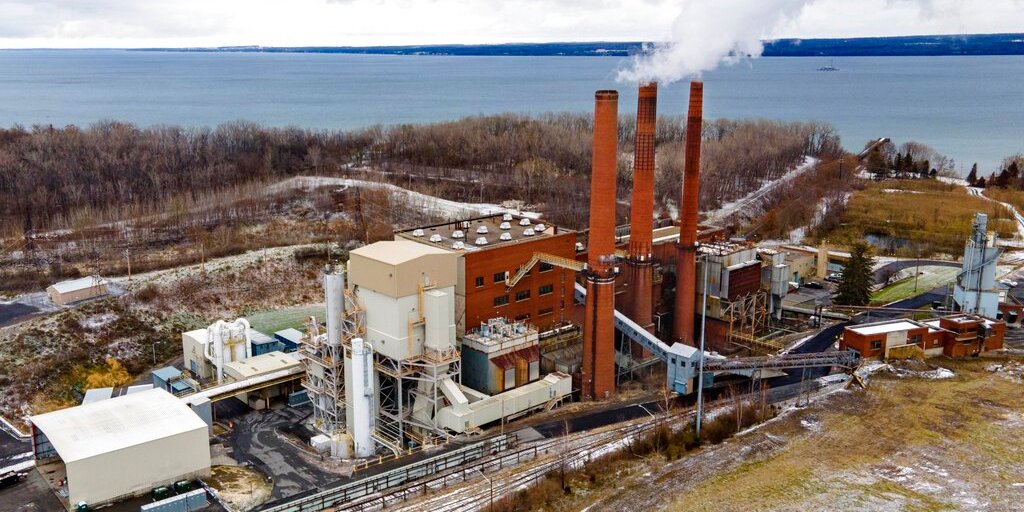The measure, which still needs to be signed into law by Governor Kathy Hochul, comes as the crypto mining industry has opened an increasing number of operations in the U.S.
The two-year moratorium gives New York more time to study the impact of the operations, as Bitcoin mining requires large amounts of energy, and the crypto industry is experiencing a particularly tense reckoning over its environmental impact.
The moratorium’s focus is relatively narrow—it won’t impact existing operations, and it’s focused only on those that generate their own power instead of drawing from the state’s supply.
Similar crypto mining operations are dotted across the U.S.
The New York moratorium, although backed by advocates opposing the Dresden plant, will not actually affect Greenidge—it only pauses any new upstarts.
Lawmakers also stress this bill’s narrow purview.
They’re also calling on the governor to take even more sweeping action by declaring a moratorium on all crypto mining via executive action, which she would have the authority to do.
Coinmint operates what it calls “one of the largest digital currency data centers in the world” in a former aluminum smelting plant near Massena, N.Y.
Amid the political pressures, Kelles highlighted the environmental study that would be also triggered by the bill.
